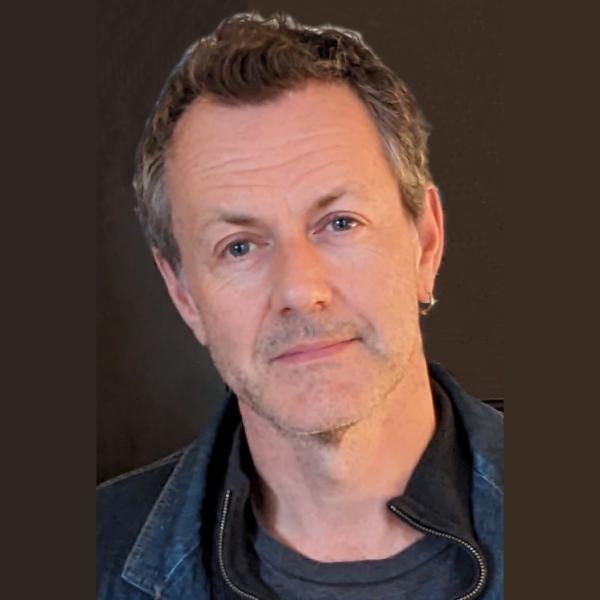Dr. Mark Turin
Associate Professor
Anthropology, First Nations & Endangered Languages Program
Faculty of Arts
Research Themes: Language, Sustainability and Transnationalism
Director, Digital Himalaya Project
Director, World Oral Literature Project
Mark Turin (PhD, Linguistics, Leiden University, 2006) is an anthropologist, linguist and radio presenter. At the University of British Columbia, Mark served as Chair of the First Nations and Endangered Languages Program, Acting Co-Director of the University’s new Institute for Critical Indigenous Studies and serves as an Associate Professor of Anthropology. Before joining UBC, Mark was an Associate Research Scientist with the South Asian Studies Council at Yale University, and the Founding Program Director of the Yale Himalaya Initiative. He continues to hold an appointment as Visiting Associate Professor at the Yale School Forestry & Environmental Studies. Prior to Yale, Mark worked a Research Associate at the Museum of Archaeology and Anthropology at the University of Cambridge. At UBC, Mark is an Associate Member of the Department of Asian Studies an Affiliate Member of the Institute of Asian Research.
Mark directs both the World Oral Literature Project, an urgent global initiative to document and make accessible endangered oral literatures before they disappear without record, and the Digital Himalaya Project which he co-founded in 2000 as a platform to make multi-media resources from the Himalayan region widely available online. For over twenty years, Mark’s regional focus has been the Himalayan region (particularly Nepal, northern India and Bhutan), and more recently, the Pacific Northwest. Mark is very privileged to have had the opportunity to work in collaborative partnership with members of the Thangmi-speaking communities of eastern Nepal and Darjeeling district in India since 1996, and since 2014 with members of the Heiltsuk First Nation through a Híɫzaqv Language Mobilization Partnership in which UBC is a member.
Research Interests
Ethnolinguistics, language endangerment, visual anthropology, digital archives and fieldwork methodology
